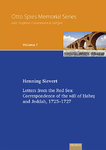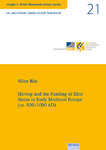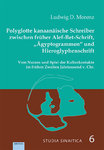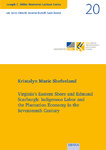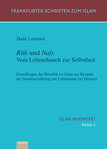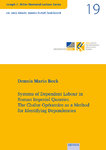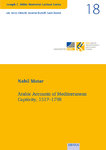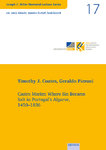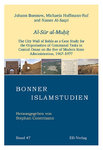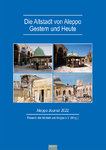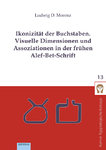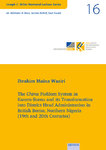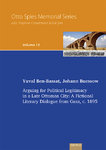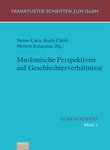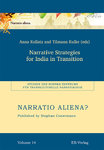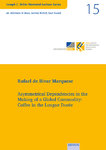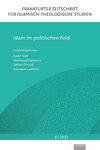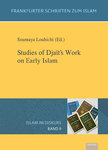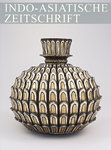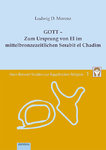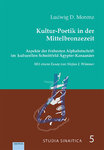- ISLAMWISSENSCHAFT
- ISLAMISCHE_STUDIEN
- JOSEPH C. MILLER MEMORIAL LECTURES SERIES
- ASIENWISSENSCHAFT
- ARCHÄOLOGIE ALS KULTURWISSENSCHAFT
- RELIGIONSWISSENSCHAFT
- RELIGIONSPÄDAGOGIK
- GESELLSCHAFT UND KIRCHE
- KIRCHE UND GEMEINDE
- GESUNDHEIT UND KRANKHEIT
- KINDERGARTENPÄDAGOGIK
- OPEN_ACCESS
- Neuerscheinungen
- In Vorbereitung
- News
- EBook
- Einzelkataloge
Categories OPEN_ACCESS Reihe_Joseph_C_Miller_Memorial_Lecture_Series Vol. 15: Asymmetrical Dependencies in the Making of a Global Commodity: Coffee in the Longue Durée
Vol. 15: Asymmetrical Dependencies in the Making of a Global Commodity: Coffee in the Longue Durée
Product no.: ISBN: 978-3-86893-445-8Rafael de Bivar Marquese
66 pages
14,8 x 21,0, 2023
Hier können Sie die Publikation als
CC BY-NC-ND 4.0-Lizenz herunterladen:
DOI: https://doi.org/10.53179/9783868934458
The present-day patterns of coffee production and consumption are rooted in the legacies of colonialism and slavery, but surprisingly the global history of the relationships between this commodity and slavery and other forms of asymmetrical dependencies has not been written yet. In this short monograph, Rafael de Bivar Marquese presents a proposal on how to do so. In its first part, it argues that historically specific forms of asymmetrically dependent labor that were mobilized for coffee production from the mid-sixteenth century to the late nineteenth century can be better understood from how they were situated in three different, global coffee economies that overlapped in this longue durée. The monograph presents an overview of each, highlighting their main characteristics and in particular the relationships between different labor regimes within each one of them. In its second part, it discusses the three main theoretical and methodological axes that guide the proposal.
The Author:
Rafael de Bivar Marquese (1972) is professor at the Department of History, University of São Paulo, Brazil. He was one of the founders of the LabMundi/USP (Laboratory for the Study of Brazil and the World System), part of The Global History Network, and also one of the founders of the Second Slavery Research Network. He is the author and co-author of Administração e Escravidão. Ideias sobre a administração da agricultura escravista brasileira (Hucitec, 1999), Feitores do Corpo, Missionários da Mente. Senhores, letrados e o controle dos escravos nas Américas, 1660–1860 (Companhia das Letras, 2004), Slavery and Politics. Brazil and Cuba, 1790–1850 (University of New Mexico Press, 2016), Os Tempos Plurais da Escravidão no Brasil. Ensaios de História e Historiografia (Intermeios, 2020) and Reconstructing the Landscapes of Slavery. A Visual History of the Plantation in the Nineteenth-Century Atlantic World (The University of North Carolina Press, 2021). He is currently writing a global history of coffee and slavery.



